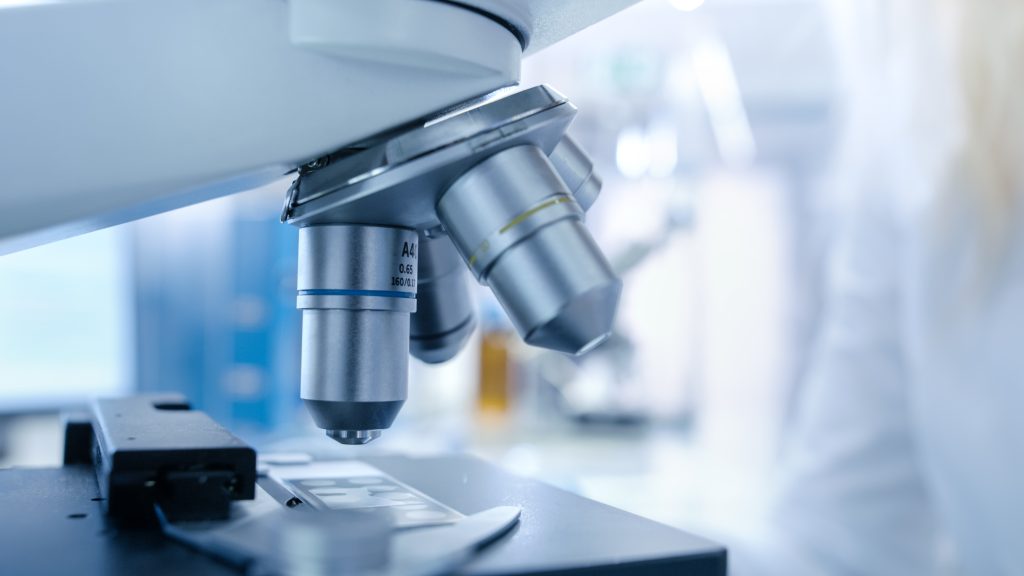Huntington’s
Huntington’s disease (HD) is a rare, inherited disease that causes the progressive breakdown (degeneration) of nerve cells in the brain. HD has a broad impact on a person’s functional abilities involving movement, thinking (cognitive) and psychiatric symptoms.
The mutation, causing HD, is found in the gene for huntingtin. HD is caused by an abnormal CAG repeat expansion. The mutated Huntingtin protein aggregates and prevents key functions in the cell – ultimately leading loss of neurotrophic support and lysosomal and mitochondrial dysfunction and finally cell death.
Our approach
Our peptide is able to re-activate these key functions, thereby not only ensuring slowing of disease (removal of new aggragated protein) but also disease modification by ensuring survival and function of neurons.



